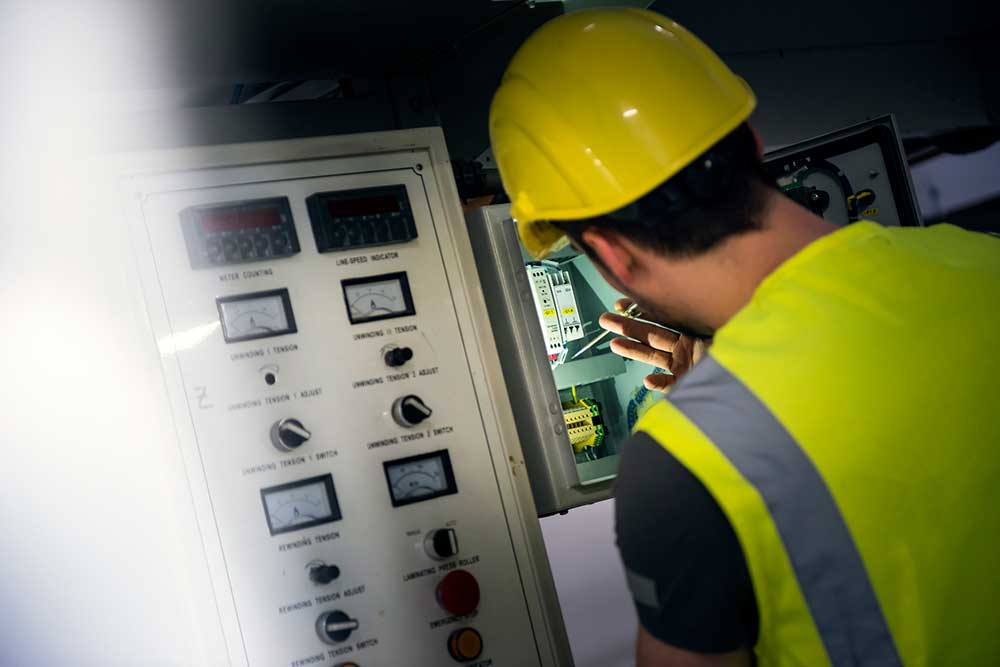
Building Services Engineering Installer
Careers Explorer:
Overview
Building Services Engineering is a specialist branch of engineering within the construction sector.
As an Installer, you’ll fit the components of large-scale industrial and commercial systems such as heating, chilled water, hot water and cold water, which are used for heating workplaces. These systems can be found in industrial and commercial buildings like office blocks, factories, schools and hospitals.
These systems operate by moving temperature-controlled water around the inside of buildings, providing heating and cooling, and utilise fossil fuels and sustainable energy systems.
You’ll plan allocated work tasks to install components; test them; assist in pre-commission testing; and undertake decommissioning.

Top 5 Tasks
- Install system components
- Testing system components
- Assist in pre-commission testing
- Undertake decommissioning tasks
- Adhere to safe working practices without endangering themselves or others
Salary
Starting salaries for graduate building services engineers are generally in the region of £26,000 to £28,000.
Experienced engineers can earn a salary of £40,000, with those working at senior levels earning more than £55,000. Partners in a firm of consulting engineers or highly experienced building services engineers with chartered status may earn over £80,000. In larger international consultancies, this figure could be in excess of £110,000.
At present, there’s high demand for construction professionals. Salaries depend on location, employer and level of responsibility. Salaries and career options also improve with chartered status.
Am I Suited?
- Problem solver
- Hands-on
- Efficient, yet effective
- Self-motivator
- Team player
Qualifications
Entry into building services engineering is typically via an engineering qualification. In particular, a degree in one of the following subjects will be useful:
- building services engineering
- built environment engineering
- electrical engineering
- energy engineering
- mechanical engineering
- other engineering degrees.
Engineering or technology HNDs/foundation degrees can fulfil all the academic requirements to become an engineering technician (EngTech), or part of the requirements to gain incorporated engineer (IEng) status. Appropriate further learning to degree level would then be needed to progress further in the job.
Chartered engineer (CEng) or incorporated engineer (IEng) status can be gained through membership of the Chartered Institution of Building Services Engineers (CIBSE), or other engineering institutions licensed by the Engineering Council. For chartered status, an accredited first degree in engineering or technology, plus an appropriate accredited MEng or an accredited integrated MEng degree are usually required. Search for accredited degrees at Engineering Council – Accredited Course Search (ACAD).
Individuals with qualifications not listed on the Engineering Council website are assessed individually and may still qualify for incorporated or chartered status. CIBSE offers student membership to those on relevant courses, which can lead to valuable networking opportunities at industry events as well as discounted prices on publications and other resources.








